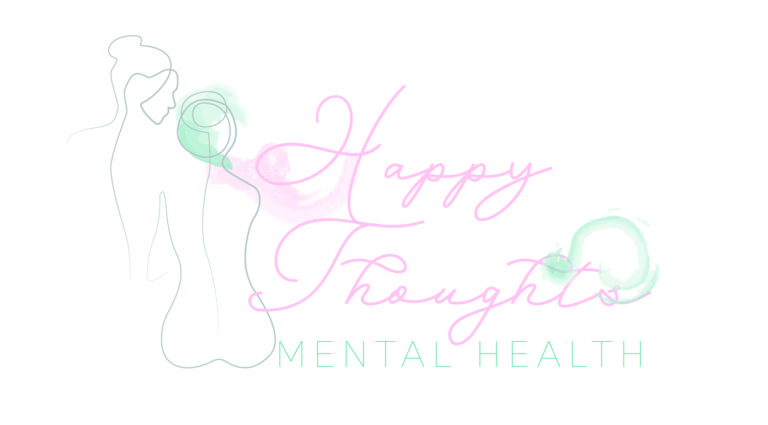We have all been there: Juggling deadlines, personal responsibilities, relationships, work/school obligations… Sometimes it can feel like too much at once. Life can be stressful.
Whether it comes from routine responsibilities, life changes, or exposure to traumatic events, stress is the brain’s response to real or imagined demands placed on a person. Everyone’s body responds to stress differently.
When people are used to experiencing chronic stress, it can impair the body’s ability to calm down overtime. This can lead to severe anxiety, chronic health issues, and a life of learned helplessness.
Stress is not all bad!
It is a normal physical/psychological reaction to the things we have to do everyday, and the changes in our lives. Stress can also be very motivating to us: It can drive you to cram for a very important exam, or to pay your bills on time. The right amount of stress can give us energy to initiate tasks, invest our attention in things, and pursue large goals. However, when stress is coupled with feelings of inadequacy to meet demands it can become very harmful to our minds and bodies.
People that become overwhelmed with stress can experience the following:
- Thinking too much about stressors (work/school/responsibilities/relationships)
- Low motivation to do things
- Fatigue
- Loss of direction or emptiness
- Problems with sleep
- Anger and irritability
- Difficulties concentrating
- Anxiety (from long term chronic stress reactions)
- Sadness
- Overt negativity
- Muscle tension
- Chronic health problems (migraines, cardiovascular or gastrointestinal issues)
According to the APA in 2021, 80% of American adults report struggling with stress in their life. If left unresolved stress can lead to severe health conditions, chronic anxiety and difficulties managing negative life circumstances.
The truth is that stress doesn’t come from your boss, your kids, your spouse, traffic jams, health challenges, or other circumstances. It comes from your thoughts about your circumstances.”
– Andrew Bernstein,
Author of the “Myth of Stress and Where it Comes From”
Living a healthy life involves managing your stress in a healthy way. When someone learns to manage their stress effectively they are able to pursue interests, accomplish multiple tasks at once, and allow themselves to enjoy the present moment in the way one is supposed to.
A trained mental health counselor can help establish patterns of constructive thinking that are key to a healthy mindset. A counselor can support someone struggling with stress in gaining fresh perspectives about their circumstances/relationships. Thinking adaptively can make it easier to adopt individualized ways to cope with these feelings in a productive and mindful way.
You do not have to be alone in your thoughts. Let’s break up with stress.

